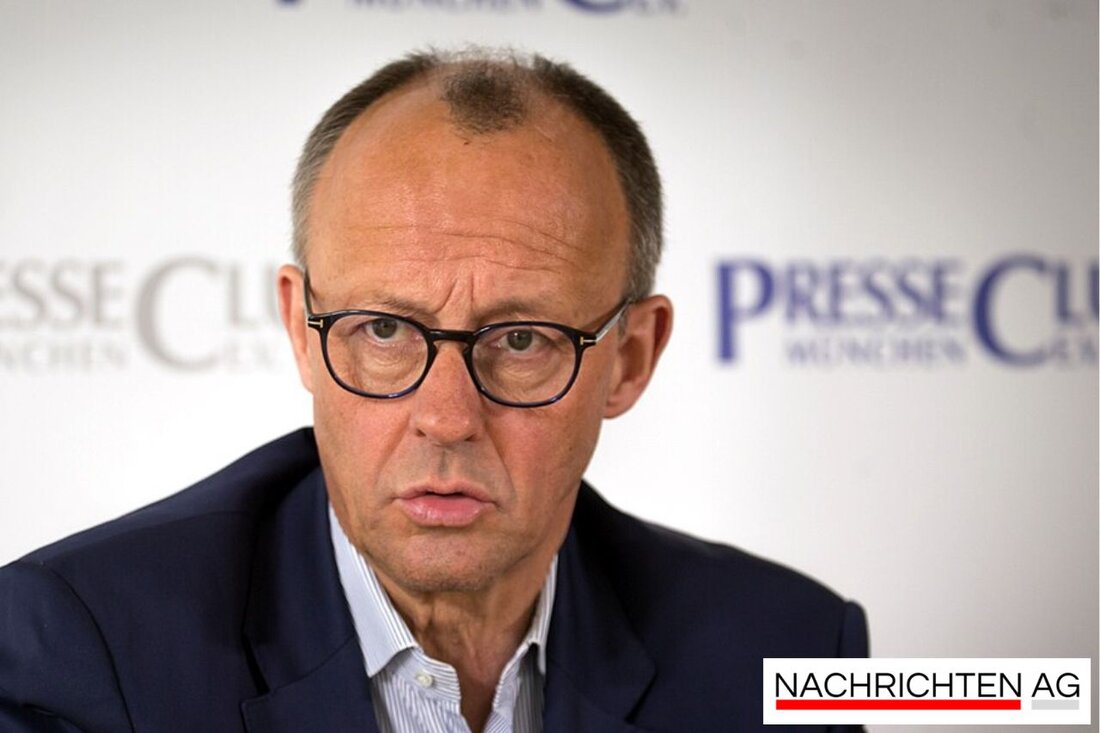Fight for money: welfare state under pressure – reforms now required!
On September 15, 2025, “Hard but Fair” under Louis Klamroth will discuss reforms of the welfare state and current challenges.

Fight for money: welfare state under pressure – reforms now required!
On September 15, 2025, the current edition of “Hart aber fair” moderated by Louis Klamroth will discuss the future of the welfare state. The theme of the program is “Welfare state under pressure – reforms in pensions, taxes and citizens’ benefits”. The key question that is intended to stimulate the discourse is provocative: “Welfare state too expensive – bullshit or bitter truth?” The guests, including Thorsten Frei, head of the Federal Chancellery for the CDU, and Matthias Miersch, the SPD parliamentary group leader, bring a lot of experience and different perspectives to this important debate. Also taking part are Ricarda Lang from the Greens, entrepreneur Stella Pazzi, Katja Kipping, managing director of the General Parity Association, and Marcus Weichert from the Dortmund job center.
The background to this new discussion is the “autumn of reforms” announced by Chancellor Friedrich Merz. Again Joyn report, the financial gap in the welfare state is estimated to be over 170 billion euros by 2029. Such a challenge raises some pressing questions: Should the federal government place more burdens on the rich? Are cuts in social benefits inevitable? And how can the Union and the SPD find a common denominator, especially on issues such as pensions, taxes and citizens' money?
The pressure is growing
The discussion about the welfare state is also accompanied by increasing financial pressure. According to that Deutschlandfunk the Chancellor expresses serious doubts about the financial viability of the current system. While the coalition partners emphasize the importance of the welfare state, they are resisting calls for cuts, especially given rising unemployment and the challenging economic situation.
The coalition agreement specifically envisages a restructuring of the citizens' benefit system towards “basic security for job seekers”. Rights and obligations should be clearly regulated, while the job centers are provided with sufficient resources. It is crucial that unemployed people receive personal offers to support their return to the labor market.
Pension reform on the agenda
The topics that are also on the agenda in the reform debate include pension and health care reforms. The number of citizens' benefit recipients has increased due to the increased flow of Ukrainian refugees who have been seeking protection in Germany since April 2025. A total of 52 billion euros is planned in the federal budget for citizens' money for 2025, which amounts to 8% of the total budget ZDF reported.
According to Finance Minister Lars Klingbeil, a budget gap of up to 172 billion euros is expected by 2029. This challenge is also compounded by increasing defense spending and an aging society. A pension package worth billions is being discussed. For 2025, subsidies amounting to 121 billion euros are planned for the pension fund, as there are more and more pensioners than contributors. But here too there is criticism, not least because of the increasingly fragile financial situation.
The current debate was not only well received in the media, but also met with political and social interest. The reforms are not only important for the political class, but also have profound consequences for all those who rely on social services. The coming weeks and months will show whether the federal government is up to the challenges and how society reacts to the desired changes.

 Suche
Suche
 Mein Konto
Mein Konto